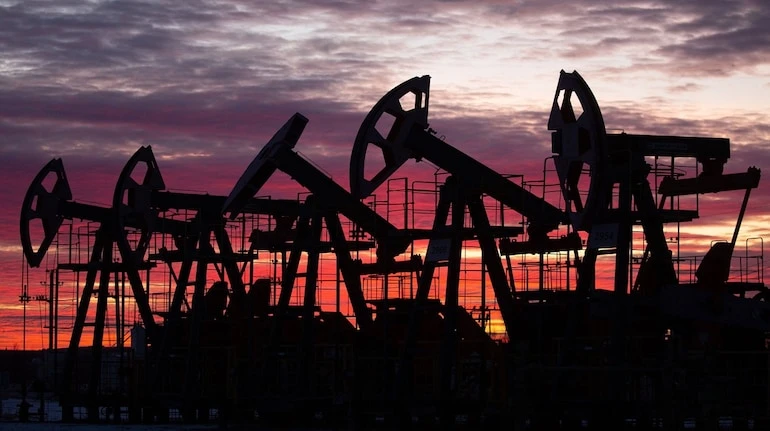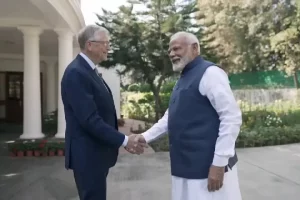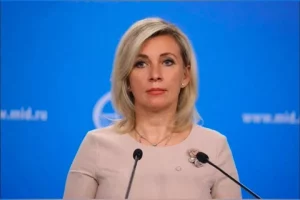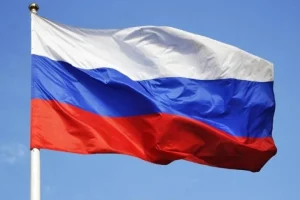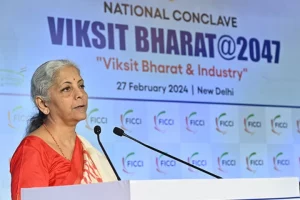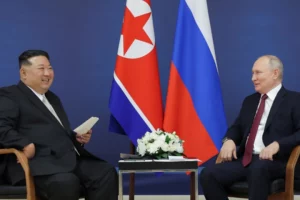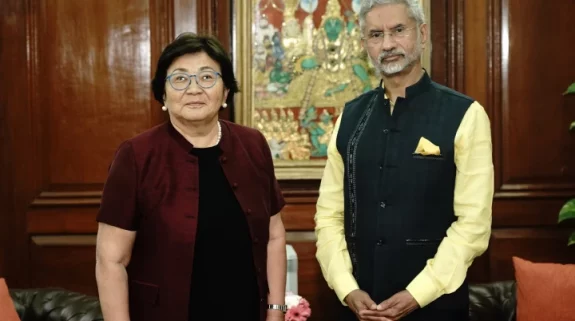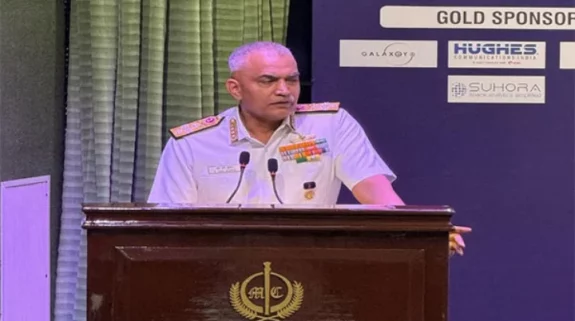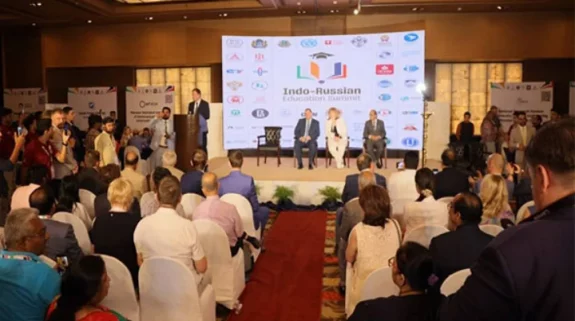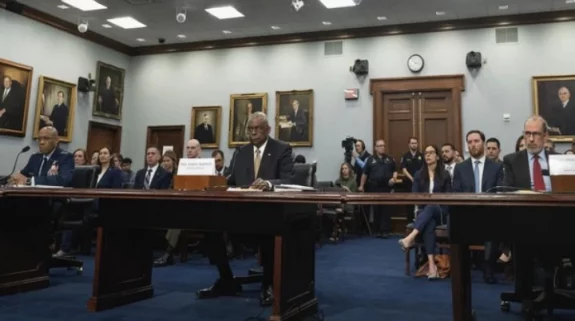Amid high global crude prices India is set to further increase its oil imports from Russia. With economic activities in India now touching the pre-Covid levels, the country’s energy requirements have been steadily rising this year compared to last year.
On an average, India is importing about 600,000 barrels a day from Russia at a heavily discounted price. India’s total crude oil imports have already increased by 35.4 per cent and 21.3 per cent during July this year and April-July period respectively as compared to the corresponding period of the previous year, official data revealed.
The third largest consumer of oil, India’s net import bill for oil and gas was $14.9 billion in July 2022 compared to $8.0 billion in July 2021. India is importing Russian oil at a price significantly cheaper than Saudi Arabia.
Low oil prices are critical for the government to save foreign exchange reserves and control inflationary pressures. With rising economic uncertainties across the world, the challenge for India’s policymakers is to ensure growth picks up while inflation is maintained at a reasonable level.
“We will continue importing oil from Russia, we are getting it at a discounted price. Our priority is to ensure that inflation remains under control. It is India first,” BJP’s national spokesperson Gopal Krishna Agarwal told India Narrative. Several countries are grappling with multiple challenges arising out of rising prices.
India’s headline inflation rate in July stood at 6.7 per cent, lower than market expectations. In June it was 7.01 per cent. lower to a five-month low of 6.71% in July of 2022 from 7.01% in June, compared to market forecasts of 6.78%. This is the lowest since April—the beginning of the current financial year.
“We have to be careful though our macroeconomic indicators continue to remain strong,” Agarwal said, adding that the government’s policies will be driven by the interests of the masses.
Despite intense pressure from the US to disengage from Russia, New Delhi has continued to purchase oil and fertilizer among other things from Moscow.
External affairs minister S Jaishankar earlier said that New Delhi has not been defensive about its decision to purchase Russian oil.
The minister also noted that since global oil and gas prices are unreasonably many suppliers who deal with the Asian markets are now diverting to Europe. “It is a situation today where every country will try to get the best deal possible for its citizens, to try to cushion the impact of these high energy prices. And that is exactly what we are doing,” Jaishankar said in Bangkok.
Hit by an acute energy shortage, the annual inflation in the Euro area in July touched 8.9 per cent, up from 8.6 per cent in June. In the US, it was 8.5 per cent in July. Though this is a drop from 9.1 per cent in June, worries for the world’s largest economy are rising with rising food prices.
Indian exporters on tenterhooks after EU economies hit rough patch






